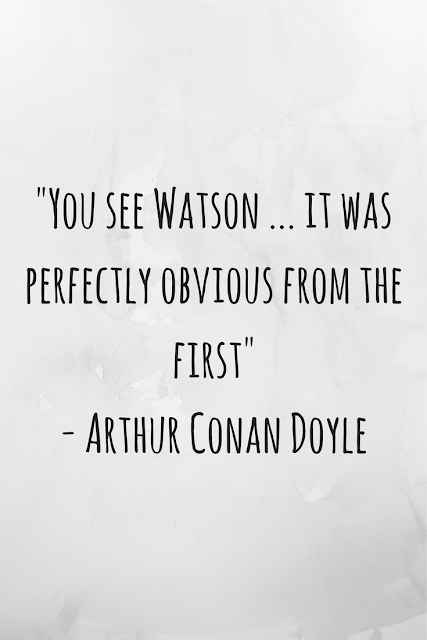The Sorrows of Young Werther has been heralded to me as a great work of European literature forever, and it's something that a lot of Romantic authors have alluded to in their novels. I was expecting a tome of intense language and powerful scenes, and I have to admit that I was left feeling a little underwhelmed whilst reading the first two-thirds of the novel. But, as the novel started to reach its end I finally saw why this has its own pedestal in the literary world.
Goethe actually wrote The Sorrows of Werther within six weeks, and it's a vaguely autobiographical account. The majority of the novel is formed through letters from Werther to his friend Wilhelm, whilst the last section is more of a narrative.
Werther moves to the countryside at the beginning of the novel, and falls in love with a peasant girl named Charlotte. There's one problem: she's already engaged. But, Werther continues to befriend this motherless girl who is rearing her younger siblings.
Soon, the sadness Werther feels at the fact that he cannot have a relationship with Charlotte begins to overwhelm him and he moves away. Eventually he realises that he cannot be away from Charlotte, and sinks into a deeper depression.
Werther returns to the countryside, and finds Charlotte married to her beau. The pain he feels is getting worse and worse, but he just can't keep away. Eventually, Charlotte is forced to ask him to leave her, and things go rapidly downhill from there ...
Have you read it? What did you think?







